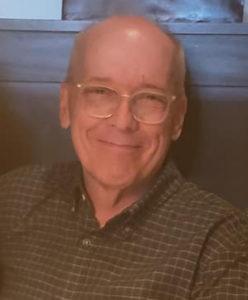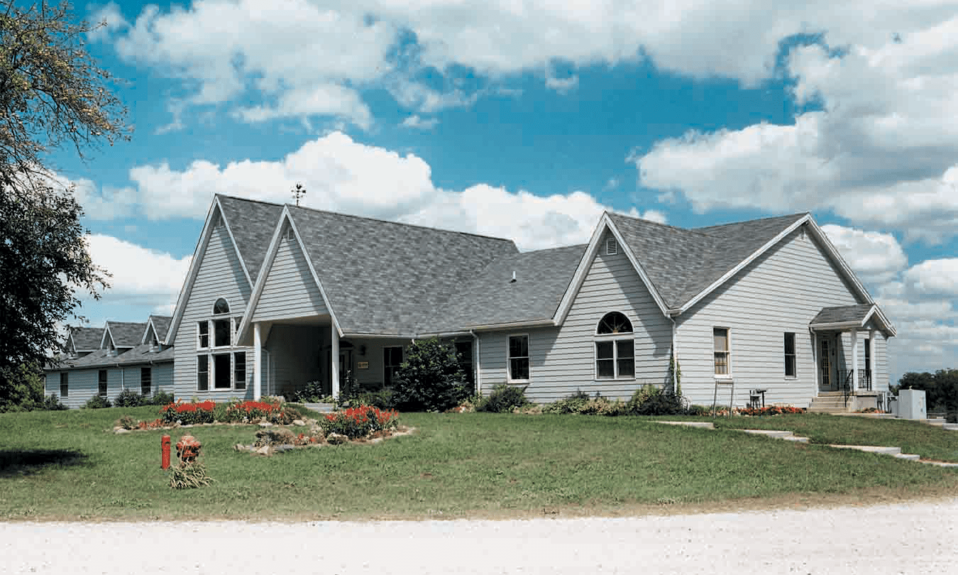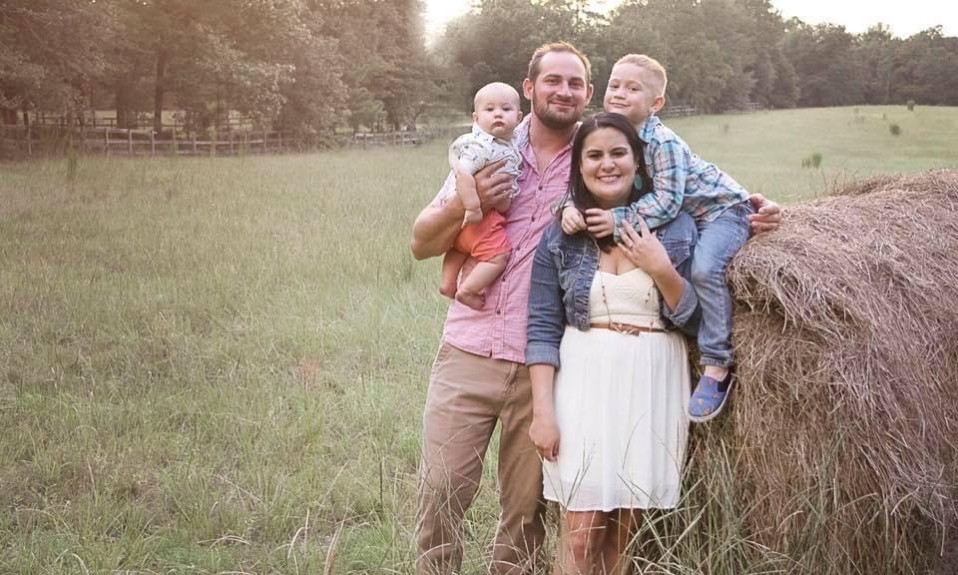This Michigan-based recovery center has been approaching addiction treatment in its own earthy way since the early 1970s
By William Wagner
May 14, 2020When Dawn Farm came to be in 1973, it resembled a hippie commune…minus the drugs, of course.
Nearly five decades later, the Michigan-based addiction treatment facility has preserved that same earthy vibe. Dawn Farm is a living, breathing remnant from a different time—so much so that James Balmer, its president, says it now would be nearly impossible to create such a center.

It was difficult enough to turn Dawn Farm into a reality back in 1973. “At that time, hospital-based programs were pretty discriminatory about people who weren’t addicted primarily to alcohol or benzos,” Balmer says. “People who were on the fringes were more likely than not to be denied treatment unless they were in one of the classical therapeutic communities of the day.”
In response, Balmer and three others going through recovery started Dawn Farm on a tract of land in Ypsilanti. Balmer pinpoints one person in the foursome—Gary Archie—as being the driving force. “He was invited to sit on the state panel and was a pain in their butt,” Balmer recalls.
“One of them ended up saying, ‘Well, if you’re so smart, why don’t you start your own treatment center?’ So he did. He now lives in Durango, Colo., and is a character to this day.”
For his part, Balmer left Dawn Farm not long after it opened to work at a local mental health center, but its pioneering spirit remained in his blood. He returned to Dawn Farm in 1983 as its clinical director before becoming president about a year and a half later.
For a long time, we were sort of viewed as the poor relation [in the treatment field]. We were that funky place out on the farm. People would not have bet on our survival, but we’ve survived them all.”—James Balmer, president, Dawn Farm
Today, Dawn Farm remains true to its original mission in several ways:
Secret Sauce: The program’s secret sauce, so to speak, is to integrate its patients into a vibrant recovery community that will be a source of support long after they leave Dawn Farm.
“We do our best to pour people into the recovery community on the expectation that if they get into the middle of the herd, they’ll do okay,” Balmer says. “I have a joke that the recovering community is like Amway without the money. We experience that in some ways, too. We have a group of people in our the recovery community that I jokingly refer to as the class of ’77. They are almost entirely heroin addicts who were at the farm in 1977, and they’re all celebrating 43 years of continuous sobriety this year. They’re still very active in our recovery community. They sponsor people who sponsor people who sponsor people who sponsor folks at the farm.”
People who were on the fringes were more likely than not to be denied treatment unless they were in one of the classical therapeutic communities of the day.”—James Balmer, president, Dawn Farm
The tight-knit support system plays a central role in getting recovering addicts back on their feet, and keeping them there.
“One of our carrots is that if you go through [the entire residential program] with us, you’ll have a transitional housing bed available to you and help getting a job in the community,” Balmer says. “We have 185 transitional housing beds scattered in small houses and apartments throughout the county.”
Philosophy: Dawn Farms is steadfast in its belief that all addictions are created equal. Says Balmer, “We’ve never distinguished fundamentally between types of addiction. We don’t think one addiction is worse than another.”
Time of Stay: The residential period at Dawn Farm is 90 days. This is almost unprecedented in a field where 30 days is more the norm.
“We’re 90 days long because we know, biologically, that it takes about 90 days for an addict’s brain to reset,” Balmer says. “[Anything less is] an inadequate length. We don’t do that.”
Financial Policy: No one is denied treatment based on financial limitations, which is wholly in keeping with the facility’s communal beginnings. “We’re cheap as treatment centers go,” says Balmer. “We’re $160 per bed day. We have 49 residential beds. Our algorithm is such that if we can fund roughly 39 of them at any given time, we can scholarship the rest.”
Fees for Service: That last point is all the more remarkable when you consider Dawn Farm’s funding model: “Fees for service and charitable giving,” Balmer says. The center has a minimal dependence on performance-grant public funding, and doing business with insurance companies is a nonstarter because of the 90-day residential period.
Counterintuitive as it might seem, Balmer feels Dawn Farm, a 501c(3) nonprofit, has dodged a bullet with its financial setup.
“In the late 1970s, there were no DRGs for addiction treatment,” he says. “All these community hospitals that opened addiction programs made money the day they opened. It was a total cash cow. They could bill full hospital bed-day rates. And then managed care hit and burned the field to the ground. Public funding collapsed, too. Ninety percent of the inpatient treatment that existed in 1985 is gone.”
For the most part, Dawn Farm has established a winning formula both monetarily and clinically. “Data is sort of a moving target with addiction treatment,” Balmer says. “But about 65 percent of the people we admit into residential treatment complete the treatment. About three-quarters of those are sober a year later.”
Take it from an alumnus named Erica, who entered the residential program in 2004. On Dawn Farm’s website, she says, “Something special happened to me at the farm. It changed my life and saved it at the same time. Today I am no longer alone. I have great recovering friends, people I can be totally honest with. They love me for who I am.”
Dawn Farm has grown substantially since 1973. It now has a second residential center and an outpatient office, both in Ann Arbor, as well as a full complement of related programs. Something that hasn’t changed, however, is the ethos that launched Dawn Farm all those years ago.
“For a long time, we were sort of viewed as the poor relation [in the treatment field],” Balmer says. “We were that funky place out on the farm. People would not have bet on our survival, but we’ve survived them all.”














